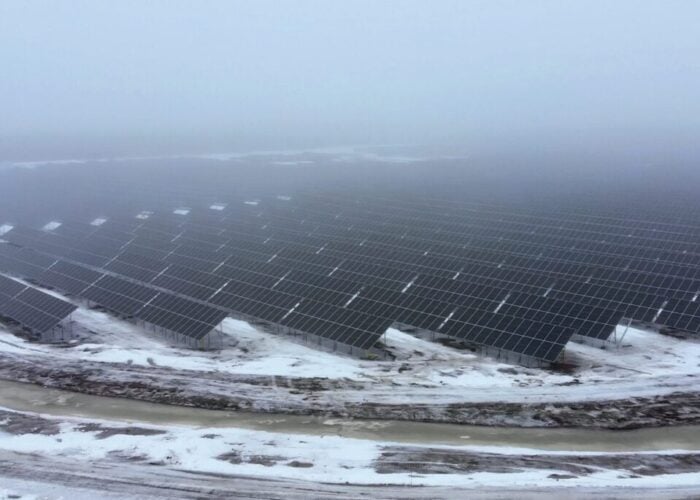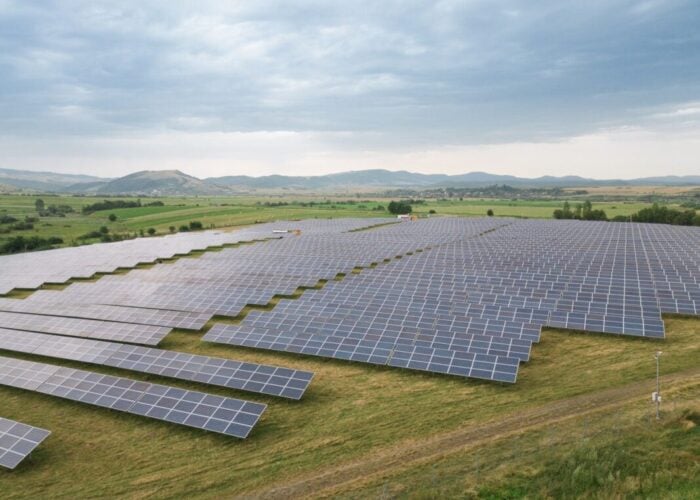
The US Senate Finance Committee has included manufacturing incentives for domestic producers of solar trackers and inverters in its draft version of the country’s Build Back Better (BBB) budget reconciliation bill.
Published on 11 December, the draft expands the advanced manufacturing production credit component of the bill, which also includes support for the domestic manufacture of solar modules, cells, wafers and solar-grade polysilicon.
Try Premium for just $1
- Full premium access for the first month at only $1
- Converts to an annual rate after 30 days unless cancelled
- Cancel anytime during the trial period
Premium Benefits
- Expert industry analysis and interviews
- Digital access to PV Tech Power journal
- Exclusive event discounts
Or get the full Premium subscription right away
Or continue reading this article for free
The updated text sees credits for those remain at the same rate as the previous version, but with a phaseout postponed by two years, from 2026 to 2028, which would also apply to tracker equipment and inverters.
Under the proposals from the finance committee, the tracker manufacturing tax credits would be:
- Torque tubes: 87¢ per kilogramme
- Longitudinal purlins: 87¢ per kilogramme
- Structural fasteners: US$2.28 per kilogramme
Meanwhile, inverter tax credits would be the following:
- Central inverters (>1MW): 2.5¢/W
- Utility inverters (>170kW and ≤1 MW): 1.5¢/W
- Commercial inverters (≥20kW and ≤170kW): 2¢/W
- Residential inverter (≤20kW): 6.5¢/W
- Microinverters (≤650W): 11¢/W
As Senate Democrats continue their negotiations on BBB, it is unclear how much of the bill’s solar manufacturing incentives will be included, with the party needing all 50 of its Senators to provide their backing to get it passed.
Other solar support measures included in the package are an extension and expansion of the investment tax credit (ITC) – which would also be available for standalone energy storage systems – as well as a revival of the production tax credit (PTC) for solar plants.
PV Tech Premium last week explored how policy support included in the act could accelerate US solar deployment while supporting domestic manufacturers.





